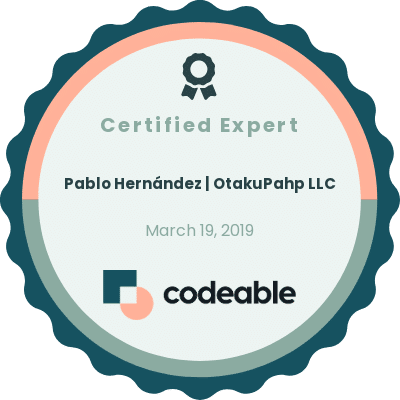
The Importance of Website Content Management
Website content management is a basic process that includes creating, editing, publishing, and organizing all the multimedia and information elements of a web page. In the digital age, keeping your website up-to-date and relevant is crucial to attracting and retaining your audience and creating a positive impact on marketing, search engine visibility, and user experience. In this blog, we’ll dive deeper into what content management is, why it’s important, and how to go about this process effectively.
What is Content Management?
Content management is the process of monitoring, planning, creating, editing, publishing, and organizing content on a website. Content can be of various types, including, but not limited to, text, images, videos, documents, and other media. The purpose of content management is to ensure that content is accurate, relevant, and always available to your visitors. This is an ongoing process that involves managing digital assets and implementing strategies to keep your website in tip-top shape.
The Importance of Content Management
Content management plays a vital role in the success of your website and here’s why:
- Relevance: Updated and relevant content can attract visitors and keep them interested in your website. A frequently updated website shows that it is active and constantly evolving, which encourages visitor retention.
- SEO (Search Engine Optimization): Search engines prefer web pages with fresh, high-quality content. Search engine optimization is crucial for attracting organic traffic. Posting high-quality content and keeping it up-to-date can increase your visibility in search results.
- User experience: A well-managed website provides a more pleasant user experience. Easy navigation, attractive design, and availability of relevant, up-to-date content are key factors in ensuring that visitors enjoy their time on your website.
- Authority and credibility: Maintaining accurate and up-to-date content helps establish your website as a trusted source of information. Visitors trust websites that offer accurate and well-researched content.
- Brand building: Content management is also key to establishing and maintaining a consistent brand image. Well-designed content that aligns with your brand image helps create a positive impression and strengthen the relationship with your audience.
How to manage your website content effectively
Effectively managing your website’s content requires a strategic approach and rigorous execution. Here are some key steps to achieve this:
- Planning: Before you start creating content, define your goals, audience, and key topics. A solid strategy will help you target your efforts effectively.
- Content Creation: Creating high-quality content is crucial. It should be informative, engaging and relevant to your audience. Research and use relevant keywords to improve your SEO.
- Editing and proofreading: Before publishing, make sure your content is error-free, consistent, and meets your quality standards. Editing and proofreading are critical steps in ensuring that your website is accurate and professional.
- Schedule Releases: Establish a release schedule to keep content fresh and consistent. Consistency is key to keeping the audience engaged.
- Media Management: Effectively organizes and stores your media files for easy access and use. Use tags and categories to organize text and media.
- Monitor and update: Use web analytics tools to track the performance of your content. See what content is most popular and what content needs updating. Continuous monitoring will help you adapt to changing trends.
- SEO Optimization: Make sure all your content is optimized for search engines. This includes choosing the right keywords, title structure, meta descriptions, and image optimization.
Managing website content is crucial to maintaining an effective and engaging online presence. By implementing a solid content management strategy, you’ll be well on your way to online success. Don’t underestimate the power of effective content management and its impact when it comes to attracting and retaining visitors, ranking in search engines, and creating a strong brand image.
Remember, content management is an ongoing process that you need to adapt as your goals and audience evolve. Always keep in mind the importance of website relevance, quality, and accuracy. By focusing on content management, you’ll be better able to achieve your online goals.
More posts


Implement electronic invoicing in WooCommerce

Going deeper into SEO – Beginner’s Guide

SEO Beginner’s Guide



Tricks to boost your WordPress site

Implement electronic invoicing in WooCommerce

Going deeper into SEO – Beginner’s Guide

SEO Beginner’s Guide



